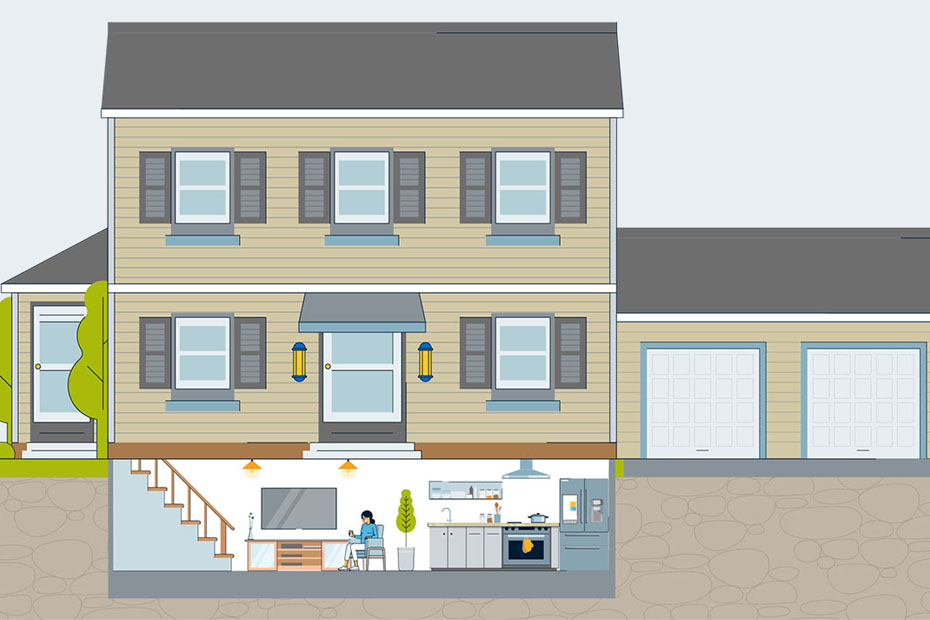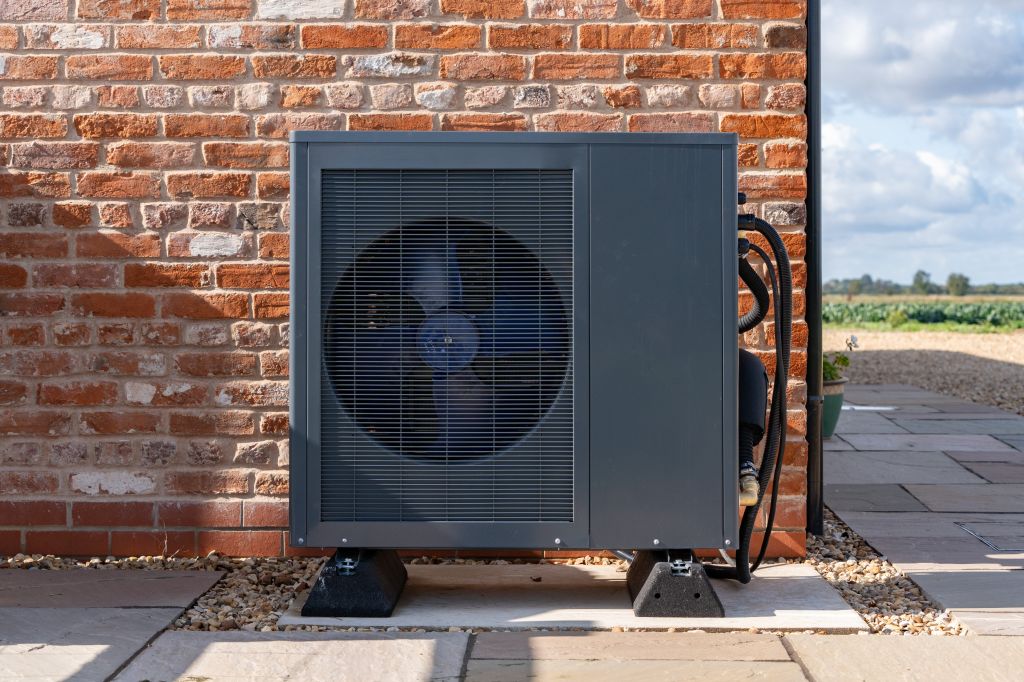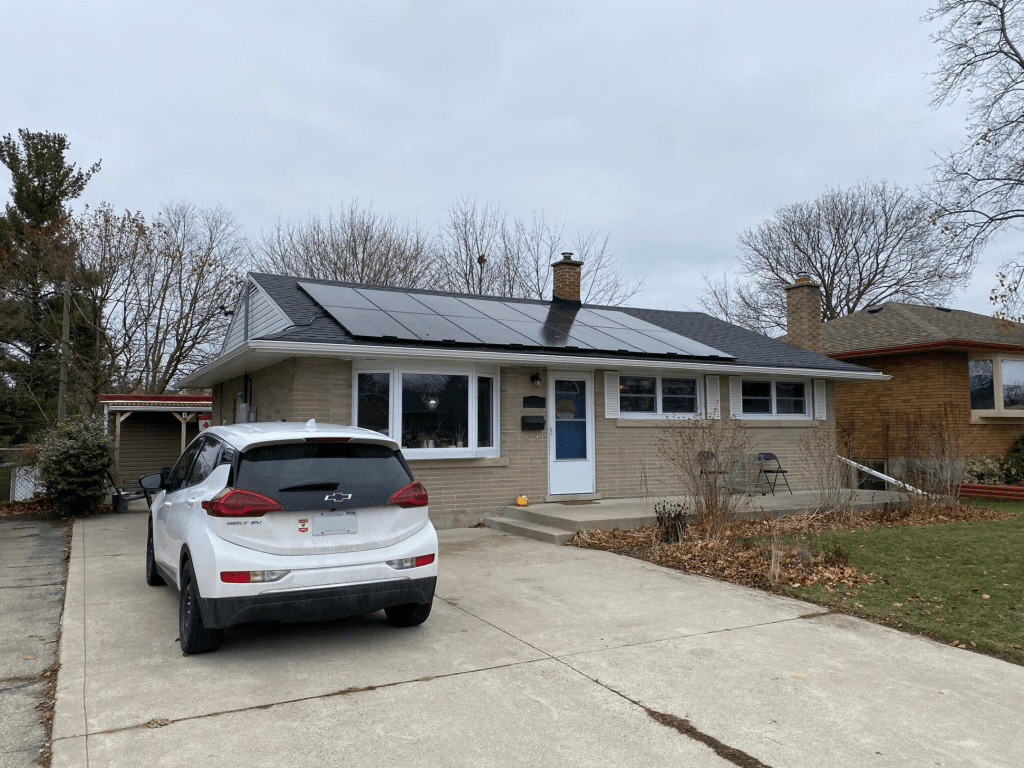Published August 21, 2024 • 5 Min Read
TLDR
-
A legal basement apartment in Canada must adhere to provincial building and fire codes, electric safety standards and municipal by-laws.
-
All basement apartments must have at least two exits for fire safety – one of which can be a window.
-
Renting out an illegal basement apartment can result in hefty fines charged to the landlord so always check with your local municipality to ensure that you are compliant.
-
Basement apartments typically offer a 75% return on investment over time.
-
Obtain quotes and find a builder/general contractor that you’re comfortable working with – they can evaluate your space and advise you on the specific regulations of your municipality.
As Canadians look for alternative housing options – and existing homeowners seek ways to balance the increased costs of ownership – basement apartments represent a practical solution. They can be more affordable for renters as well as relatively straightforward conversion projects for homeowners. However, creating a basement apartment involves more than putting down flooring and adding some plumbing. There are in fact several factors that make a basement apartment legal in Canada, and many considerations for homeowners to take into account as they think about converting their residence.
If you’re considering converting your basement into a legal apartment, here are answers to six frequently asked questions.
What makes a basement apartment legal in Canada?
In Canada, building and fire codes are provincially regulated, so each province will have its own requirements that must be met to deem a basement apartment “legal.” In addition, municipalities may have separate and specific by-laws that must be complied with. For the most part, regulations will dictate the following specifications:
-
Minimum square footage and ceiling height
-
Minimum size and number of windows
-
Plumbing basics – such as hot and cold water, essential fixtures, sinks and access to laundry
-
Heating and ventilation requirements
-
Kitchen and bathroom specifications
-
Proper fire separation, escape plans and the installation of smoke and carbon monoxide detectors
-
Electrical safety, such as grounded electrical plugs, GFCI outlets, etc.
-
Proper exit pathways
What is an illegal basement apartment?
An illegal basement apartment is one that violates any of the required codes or hasn’t been registered with your local municipality. If you have redeveloped your home to have a basement apartment in an area where it’s not allowed, that would also be considered illegal.
While there are surely illegal basement apartments across Canada, cutting corners is not worth the risk – to your tenants or to yourself. Keep in mind, regulations are in place to keep tenants safe, and prospective renters have a right to request documentation that confirms that the unit is in compliance with all relevant codes. If you’re caught renting out an apartment that doesn’t meet all the requirements, you could face steep fines.
Does a basement apartment need two exits?
Yes. Every basement apartment must provide a means of escape in the event of a fire. One could be a window, as long as it can be easily opened from the inside and is large enough for an adult to fit through. It is the landlord’s responsibility to ensure all exits, including windows, are in full working order at all times.
In some provinces, a basement apartment must have a separate entrance to the outside. In others, a common or shared exit is allowed, as long as there is a second exit that leads to an open space. Check with your local municipality on what is required for your property.
How much does it cost to create a basement apartment?
The cost to build a basement apartment will vary considerably depending on the current state of your basement. If you already have plumbing, large enough windows and a sufficiently high ceiling, it will cost less to convert than a completely unfinished basement.
Keep in mind, even if you have a finished basement, you may have a lot of work ahead to convert your space into a legal apartment. As you evaluate the costs and effort, consider that the apartment needs a full bathroom, kitchen, independent entrance and systems that adhere to building and fire codes.
How much does a basement apartment add to a home’s value?
For many prospective homebuyers, buying a home with a finished basement is highly appealing. When the basement could be an opportunity to earn rental income or be used as a space to house aging parents or older children, the space can be even more attractive.
While real estate experts suggest that homeowners may not recoup 100% of the costs put into a basement apartment conversion, a common sentiment is that you could see a 75% return on investment. So, if you spent $50,000 on retrofitting your basement, you could expect to get $37,500 back upon the resale of your home.
Where do I start?
Building a basement apartment in your home can be a complex undertaking – so getting professional assistance is a must! Obtaining a few quotes and finding a builder/general contractor that you’re comfortable working with is an important first step – they can evaluate your space, advise you on the specific regulations of your province and municipality and help you get the permits you need to get started.
Getting your financing in order is critical, and you should do this before you embark on your project (or sign any agreements). The RBC Construction Mortgage program, which is designed to help homeowners add new housing units to their property, could be the perfect financing solution for you. An RBC Mortgage Specialist can also offer the support you need throughout your construction project.
This article is intended as general information only and is not to be relied upon as constituting legal, financial or other professional advice. A professional advisor should be consulted regarding your specific situation. Information presented is believed to be factual and up-to-date but we do not guarantee its accuracy and it should not be regarded as a complete analysis of the subjects discussed. All expressions of opinion reflect the judgment of the authors as of the date of publication and are subject to change. No endorsement of any third parties or their advice, opinions, information, products or services is expressly given or implied by Royal Bank of Canada or any of its affiliates.
Any information, opinions or views provided in this document, including hyperlinks to the RBC Direct Investing Inc. website or the websites of its affiliates or third parties, are for your general information only, and are not intended to provide legal, investment, financial, accounting, tax or other professional advice. While information presented is believed to be factual and current, its accuracy is not guaranteed and it should not be regarded as a complete analysis of the subjects discussed. All expressions of opinion reflect the judgment of the author(s) as of the date of publication and are subject to change. No endorsement of any third parties or their advice, opinions, information, products or services is expressly given or implied by RBC Direct Investing Inc. or its affiliates. You should consult with your advisor before taking any action based upon the information contained in this document.
Furthermore, the products, services and securities referred to in this publication are only available in Canada and other jurisdictions where they may be legally offered for sale. Information available on the RBC Direct Investing website is intended for access by residents of Canada only, and should not be accessed from any jurisdiction outside Canada.
Share This Article






